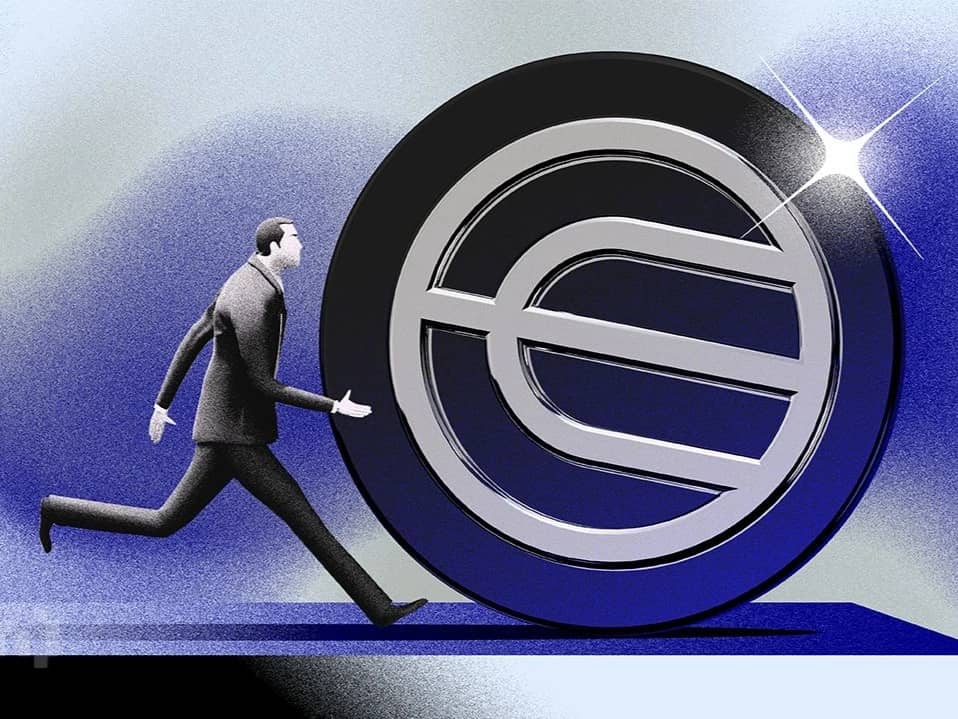Subscribe to wiki
Share wiki
Bookmark
World Network (WLD)
The Agent Tokenization Platform (ATP):Build autonomous agents with the Agent Development Kit (ADK)
World Network (WLD)
World Network is a decentralized protocol designed to verify human identity while preserving privacy, primarily through zero-knowledge proofs and biometric verification. It supports applications like World ID and World App, enabling secure, AI-resistant identity verification and credential sharing across digital platforms. [1][2]
Overview
World Network aims to create a globally inclusive identity and financial system that most people own. It seeks to expand economic opportunities, provide a scalable way to distinguish humans from AI online while maintaining privacy, support global democratic processes, and explore the potential for AI-funded universal basic income.
The network includes a privacy-focused digital identity system called World ID, based on proof of human uniqueness, and a digital currency (WLD) distributed to individuals simply for being human, where permitted by law. World App serves as the first user interface for these components. The core concept of proof of human addresses the challenge of verifying individuals as unique humans without revealing their real identities—a problem increasingly important as AI-generated bots complicate online verification. World ID aims to become a global standard for this proof.
Key principles of World Network include recognizing proof of human as a necessary digital primitive, especially as AI advances, and using biometric hardware to securely and scalably establish this proof. The network incentivizes participation by issuing Worldcoin tokens, similar to how Bitcoin secures its network, with security derived from Ethereum. [8]
History
World, originally known as Worldcoin, is a biometric crypto project focused on iris scanning, developed by Tools for Humanity, based in San Francisco and Berlin. It was founded in 2019 by Sam Altman, CEO of OpenAI, Max Novendstern, and Alex Blania, and received backing from the venture capital firm Andreessen Horowitz.
The project uses an eye-scanning device called the "Orb" to provide users with a unique digital identity that verifies their humanity and distinguishes them from bots. In 2021, the team described the WLD token as part of a broader effort to support a more unified and equitable global economy driven by the internet. The network initially launched on Hubble, an optimistic rollup developed by the Ethereum Foundation, before migrating to Polygon due to cost concerns with other solutions. In May 2023, World partnered with Optimism Collective and transitioned its World App and World ID protocol to Optimism's OP Mainnet. In October 2024, the project rebranded as World Network or World, reflecting its vision to build a global decentralized network. [8]
Technology
Proof of Human (PoH)
Proof of Human (PoH) is a verification framework designed to confirm that a given identity belongs to a unique human being. In the context of high-stakes applications like global UBI or democratic governance systems, PoH must ensure that no individual can register more than once while protecting against fraud or automation. The World Network’s PoH mechanism is built using World ID, a system that issues credentials through biometric verification, initially using a device called the Orb. This system avoids collecting excess personal information and instead focuses on confirming uniqueness through a secure, non-transferable credential.
Effective PoH systems rely on three key components: deduplication, authentication, and recovery. Deduplication ensures that no individual can obtain multiple valid credentials. Authentication prevents misuse of those credentials by tying them specifically to the verified individual, even if their device or wallet is compromised. Recovery mechanisms are essential for helping users regain access to their identity in case of loss or compromise, using strategies such as user-managed backups, social recovery, or re-verification by the original issuer. These features help establish a robust PoH system supporting scalable and secure digital identity frameworks.
Additional mechanisms like credential revocation and expiration enhance PoH integrity. Revocation allows the system to invalidate credentials from compromised issuers or malicious actors, while expiration ensures that credentials remain up-to-date as security standards evolve. These design choices prevent exploitation and maintain trust, especially in decentralized or large-scale use cases where identity verification is critical. [29]
The Orb
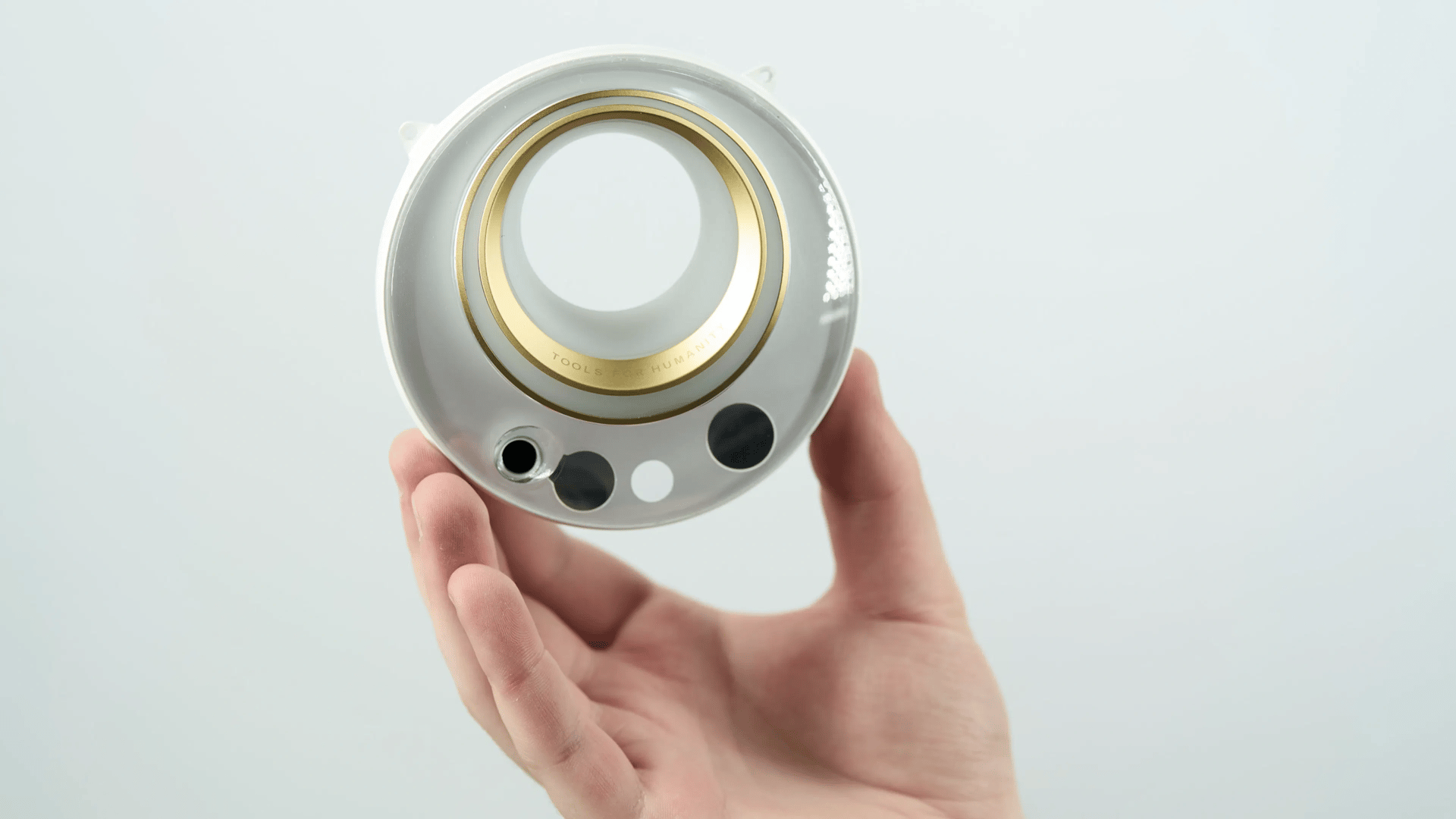
The Orb is a custom biometric device designed to verify an individual's humanness and uniqueness for the World ID system. Its latest version uses the NVIDIA Jetson chipset to deliver significantly improved AI performance, faster verification processes, and enhanced adaptability to diverse lighting and environmental conditions. It features upgraded cameras for better fraud detection and image clarity, while maintaining strict privacy standards—images are never stored on the Orb. They are immediately deleted after being securely transferred to the user’s phone.
The new generation Orb includes features that support greater global scalability and transparency. It offers 5G connectivity for deployment in areas without reliable internet and has a removable SD card to allow external audits, reinforcing its commitment to privacy and open-source integrity. Its more efficient hardware design, using fewer parts, enables faster and cheaper assembly, helping to decentralize Orb production. Alongside hardware improvements, updated software enhances user privacy and introduces features like Face Auth. Deployment strategies now include flagship locations, mobile Orb delivery through partners like Rappi, self-service kiosks, and a Community Operator program, all intended to make proof of human verification more accessible globally. [40] [44]
Products
World ID
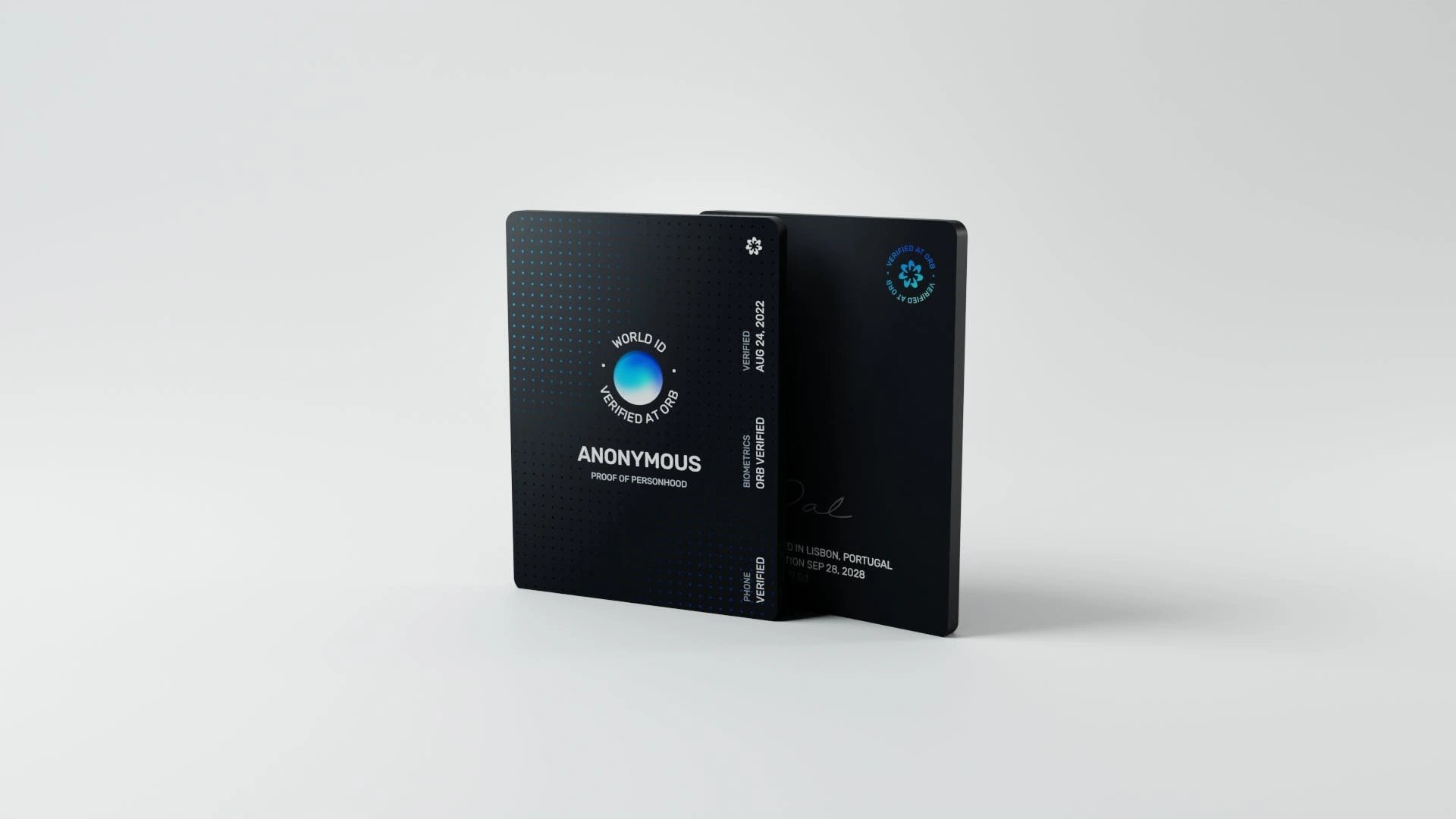
World ID is a privacy-preserving digital identity system designed to verify that a user is a real, unique human without revealing personal information. It operates using zero-knowledge proofs and biometric verification through a custom device called the Orb, which is built to issue AI-resistant proof-of-human credentials. These credentials are issued on the World Network, allowing users to confirm their humanity to any online verifier, including Web2 platforms, while maintaining anonymity. Future expansions of the protocol may support additional types of credentials.
World ID is intended to be bound to a single person and is difficult to misuse or transfer. It provides an alternative to government-issued ID or KYC for platforms needing identity verification, enabling secure signups without exposing sensitive data. This makes it easier for platforms to reduce fraud, limit bot activity, and rebuild trust while lowering risks associated with personal data breaches. World ID’s approach is meant to align with the increasing need for identity infrastructure that resists AI-driven threats and enhances digital security at scale. [3] [49]
World App
World App is the primary interface for interacting with World ID. It facilitates the biometric verification process using the Orb, stores users' World ID credentials, and handles the cryptographic protocols to share those credentials securely and privately. It also serves as a gateway to decentralized financial tools, aiming to offer seamless access to digital services for verified individuals.
In version 3.0, World App introduced features to expand its functionality and scalability. A key addition was Mini Apps, which are integrated third-party applications that use World ID, wallet features, and contacts while maintaining user anonymity. These allowed users to chat, send payments, top up mobile phones, participate in polls, and more. The upgraded wallet now supports World Chain for faster transactions and includes features like global payments, asset vaults, and improved deposit/withdrawal options. Users can also store data from NFC-enabled passports to prove attributes (e.g., age, nationality) without revealing identity. Upcoming features include deepfake detection and improved social tools, making World App a comprehensive platform for secure human verification and digital interaction. [4] [48]
World Chain
World Chain is a blockchain designed to support verified human users at scale. Built on the OP Stack and part of the Superchain, it uses the Ethereum Virtual Machine for execution and Ethereum itself for data availability and finality. Its key features include free gas fees for verified users, simplified transactions through mini-apps, and the ability for developers to access Sybil resistance via World ID. World Chain prioritizes blockspace for human users and supports large-scale distribution through the World App. This infrastructure supports the broader goal of building a global identity and financial network for over a billion people.
The World App has undergone several migrations, initially launching on Hubble, then moving to Polygon PoS, and later to Optimism’s OP Mainnet before finally transitioning to World Chain. Each change reflected the need for greater programmability, lower fees, and better integration with the evolving Ethereum scaling landscape. As World App grew, at one point consuming up to 60% of OP Mainnet’s blockspace, World Chain was created to offer a dedicated environment with increased throughput, data availability, and optimized gas limits. The chain also introduces Priority Blockspace for Humans (PBH), ensuring verified users are prioritized over bots, and offers a gas allowance funded initially by the World Foundation. [46] [47]
World Card
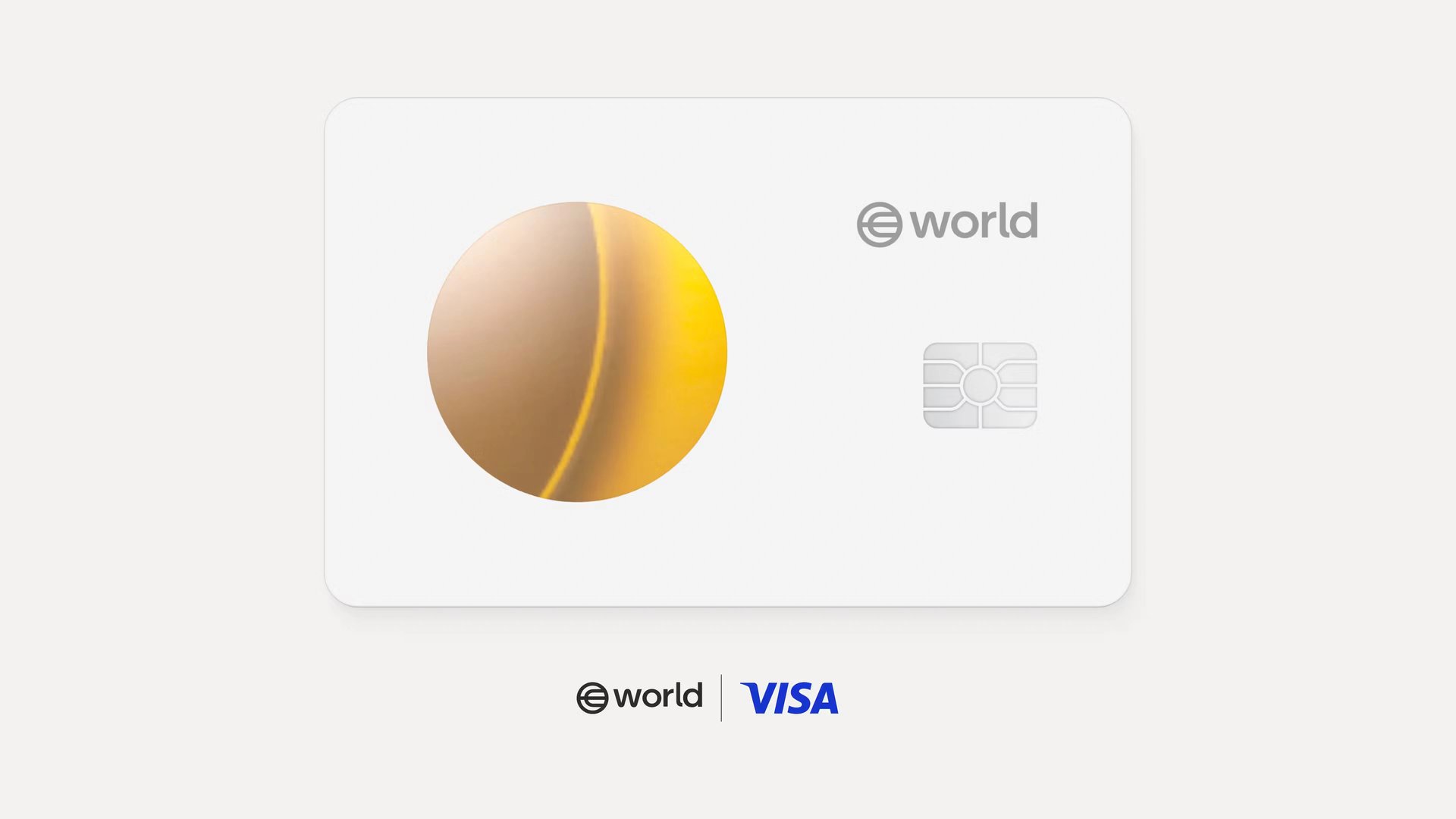
The World Card is a proposed payment card developed by Tools for Humanity, intended for verified human users within the World ecosystem. It will connect directly to a user’s World App wallet, allowing them to spend digital assets anywhere Visa is accepted, both online and in person. Transactions will be settled in fiat for merchants, removing the need for crypto familiarity, while users can access their digital assets without manual conversions. The card is tied to World ID, leveraging its proof-of-human system to ensure only verified individuals can use it.
The card also introduces a rewards system designed for the AI economy. Users may earn benefits, such as enhanced rewards for AI-related subscriptions and services, with payouts made in WLD directly to their wallet. As a bridge between the digital and physical economy, the World Card may eventually enable WLD to be spent across over 150 million Visa-enabled locations. Initially planned for release in the U.S., the program is expected to expand to other regions. [45]
Funding
On October 21, 2021, the World project raised an initial $25 million in a Series A funding round led by Andreessen Horowitz. On March 23, 2022, an additional $100 million was raised in an initial coin offering (ICO) by Andreessen Horowitz and Khosla Ventures. [9]
In May 2023, $115 million was raised in a Series C funding round led by Blockchain Capital with participation from a16z, Bain Capital Crypto, and Distributed Global. The funding was announced to invest in bot detection, research and development, and the World project and application expansion. [10]
On May 22, 2025, World Assets, a subsidiary of World Foundation, secured $135 million through a strategic token sale to venture capital firms Andreessen Horowitz (a16z) and Bain Capital Crypto. The tokens were sold at prevailing market prices, increasing the circulating supply of WLD. The funding aims to meet the rising demand for Orb-verified World IDs and expand the World network's reach across the US and globally. This transaction followed earlier fundraising rounds supported by investors like Selini Capital, Mirana Ventures, and Arctic Digital. [41] [42] [43]
WLD
WLD is the native token of the World Network, designed with governance functionality in mind. It aims to support traditional “one-token-one-vote” systems and innovative “one-person-one-vote” models enabled through World ID, allowing for more inclusive and identity-based participation. While the World Foundation oversees protocol development, it intends to collaborate with community governance initiatives to shape how WLD and World ID will interact. [14]
Tokenomics
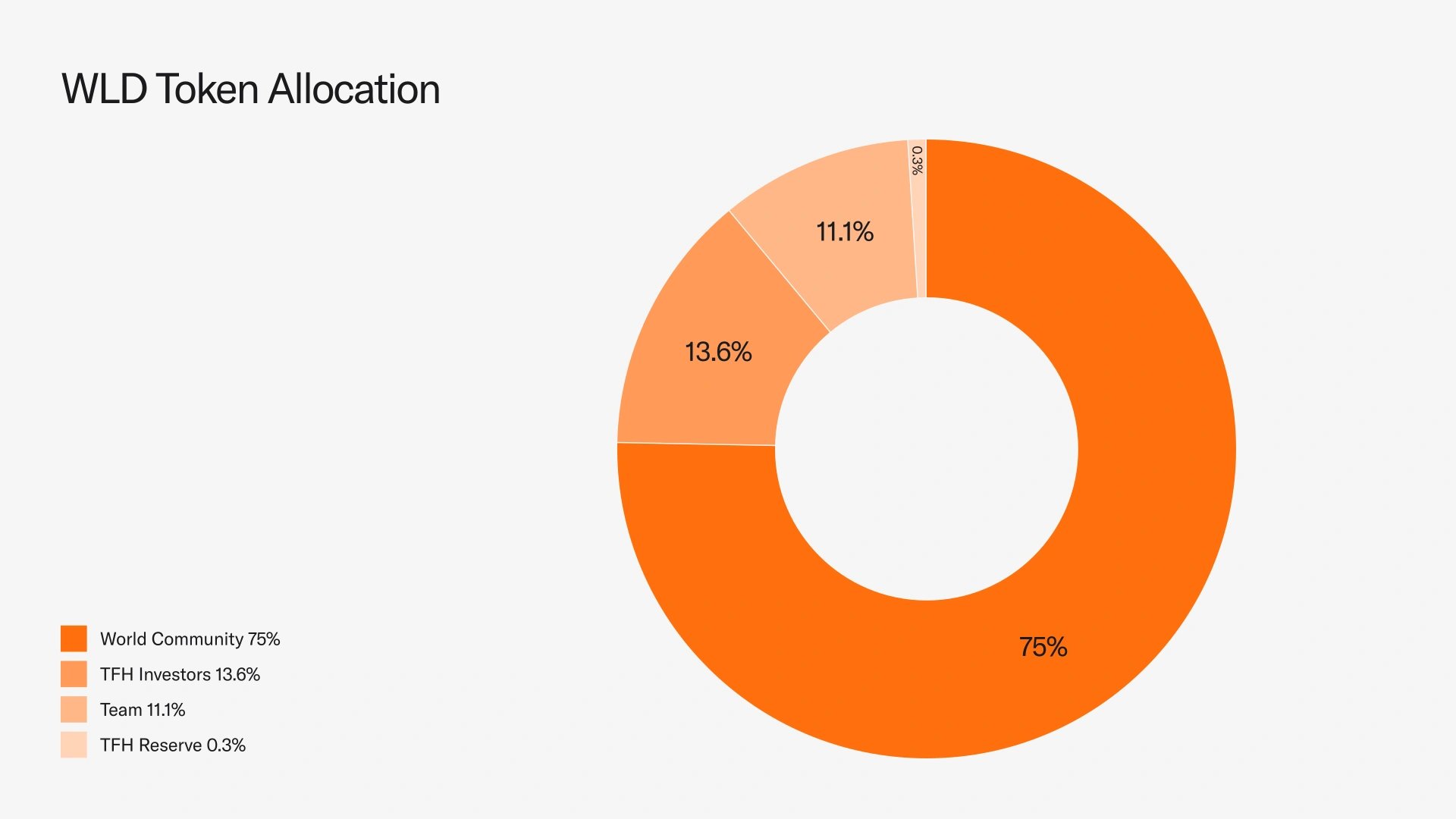
WLD has a fixed supply cap of 10 billion tokens for the first 15 years, enforced by its smart contract. After that period, protocol governance may introduce up to 1.5% annual inflation, with the default rate set at 0% unless changed through governance decisions. Most WLD tokens are allocated to individuals as proof of unique personhood, and the token plays a role in protocol governance. [14]
WLD has the following allocation:
- 75% to the World Community
- 13.5% to TFH investors
- 9.8% to the Initial Development Team
- 1.7% to TFH Reserve
World Foundation
The World Foundation, established on October 31, 2022, functions as the non-profit steward of the World Network, tasked with supporting and expanding the ecosystem until it becomes self-sustaining. Its goal is to build an inclusive digital identity and financial network that operates as a global public utility, with governance eventually transitioning to the community. Incorporated in the Cayman Islands as a memberless foundation company and supported by a subsidiary in the British Virgin Islands, the structure allows for legal personhood, limited liability, regulatory alignment, and a governance model that World ID and WLD token holders can shape.
The Foundation oversees key aspects of the network’s infrastructure and intellectual property. Core protocol components, including smart contracts, the World ID SDK, Orb hardware and software, trademarks, and patents, have been transferred from Tools for Humanity to the Foundation. The Foundation also manages the token treasury, grant allocations, and permissions for Orb provisioning. By holding and protecting these assets, the Foundation enables the development of governance structures led by the community while maintaining safeguards against misuse of core technologies. [11]
Controversy
Privacy Scrutiny in Europe
After World's launch on July 24, 2023, the U.K.’s Information Commissioner's Office (ICO) was asked about the token launch in the U.K. and said publicly it would be “making inquiries” before issuing some boilerplate warning that:
“Organisations must conduct a Data Protection Impact Assessment (DPIA) before starting any processing that is likely to result in high risk, such as processing special category biometric data. Where they identify high risks that they cannot mitigate, they must consult the ICO.”[18]
The ICO’s remarks also emphasized the need for “a clear lawful basis to process personal data”, adding:
“Where they are relying on consent, this needs to be freely given and capable of being withdrawn without detriment”
A few days after the ICO's remarks, France’s data protection authority, the CNIL, expressed more specific concerns about the legality of the world's activities. The French authority revealed it’s already been actively investigating World. [24]
“The legality of [Worldcoin’s data] collection seems questionable, as do the conditions for storing biometric data. Worldcoin collected data in France, and the CNIL initiated investigations.”
- the regulator told Coindesk. [24]
A spokeswoman for Tools For Humanity, the for-profit technology company that led the development of World and operates the World App, confirmed to TechCrunch that consent is the lawful basis being claimed for processing European biometric data.
“Under GDPR, the project relies on the users’ consent for creating the proof of personhood and for opting into data custody,”
In further remarks presented after being asked for World’s response to the investigation, the Tools For Humanity spokeswoman added:
"Worldcoin was designed to protect individual privacy and has built a robust privacy program. The Worldcoin Foundation complies with all laws and regulations governing the processing of personal data in the markets where Worldcoin is available, including the General Data Protection Regulation (“GDPR”). In the European Union, the project is under the supervision of the Bavarian State Office for Data Protection Supervision (Bayerisches Landesamt für Datenschutz). The project will continue to cooperate with governing bodies on requests for more information about its privacy and data protection practices. We are committed to working with our partners across Europe to ensure that the Worldcoin project meets regulatory requirements and provides a safe, secure, and transparent service for verified humans." - Tools for Humanity spokeswoman[18]
Suspension of World in Kenya
As of August 2, 2023, Kenya took an unprecedented step by halting World's operations, commencing a comprehensive investigation involving various government agencies to examine the project's activities. [36]
Concerns on World Onboarding Rate
On July 26, 2023, World founder Sam Altman took to Twitter to say that the project saw an adoption rate of “one person getting verified every 8 seconds now."[20]
"day 3 of @worldcoin launch, crazy lines around the world. one person getting verified every 8 seconds now." - Sam tweeted[19]
However, outlets have expressed concerns about the accuracy of the information. Some users reported no such "crazy lines" at some sign-up locations, including one in Dubai. On-chain data similarly suggests limited adoption. At the time of writing, Etherscan records showed that just over 3,650 individuals held the WLD token and that 13,766 transfers have occurred. [20]
Concerns on World Affiliates
Following the launch of World on the mainnet, the crypto community expressed concerns about privacy and tokenomics and reported connections to Sam Bankman-Fried and Three Arrows Capital. [26]
In its Series A round in October 2021, World received investment from Sam Bankman-Fried (SBF), the founder and CEO of crypto exchange FTX, which has since gone bankrupt, with Bankman-Fried facing allegations of fraud. [26]
Kyle Davies, co-founder of the bankrupt Singapore hedge fund Three Arrows Capital, also hinted that his firm had invested in the project.
"If my thesis holds correct, the 3AC venture portfolio will be the best performer of 2023. Congrats on Worldcoin," - Davies tweeted[25]
As for WLD tokenomics;
"Worldcoin taking a page out of SBF Solana eco playbook, launching and pumping a microcap shitcoin with 1% of total supply in circulation," tweeted Dylan LeClair, a markets analyst at Bitcoin Magazine.[27]
Vitalik Buterin's Opinion on World
Ethereum co-founder Vitalik Buterin released a new blog post[21] on July 24, 2023, expressing concerns over World. In the post, Buterin highlighted four major concerns with World’s user authentication system, called “Proof-of-Personhood” (PoP). [22]
World claims it can authenticate its users without storing personal data or relying on a central authority. To obtain a “World ID,” users must scan their iris with a device known as an “Orb.” Compatible apps, like World’s wallet application, can leverage World’s network of authenticated users to tailor their services and root out bots. In his blog post, Buterin argues that this system has potential issues with privacy, accessibility, centralization, and security. [23]
Buterin argues that scanning one's iris could release more information than intended. For instance, if someone else scans a World ID holder's iris, they can run it against the World database to determine, at the very least, whether that person is in the system. In addition, Buterin says World IDs won’t be readily accessible to everyone, since getting hold of an “Orb” device can be difficult. [22][23]
Also, the “Orb” is a hardware device, and Buterin alleges that:
“we have no way to verify that it was constructed correctly and does not have backdoors. The Worldcoin Foundation still has the ability to insert a backdoor into the system, letting it create arbitrarily many fake human identities.” [21]
Buterin expressed security concerns with World given that users' phones could be hacked, and they could be coerced into giving out their iris scans. Buterin acknowledges that there is no perfect solution to overcoming these issues. [22]
“There is no ideal form of proof of personhood, Instead, we have at least three different paradigms of approaches that all have their own unique strengths and weaknesses.” - Buterin writes.[21]Those three approaches are known as social-graph-based, general-hardware biometric, and specialized-hardware-biometric solutions (like Worldcoin).[22]
Finally, Buterin adds that World has taken certain steps with its hardware that make it superior to more traditional identification schemes, particularly regarding user privacy. [22][23]
"It does seem like specialized hardware systems can do quite a decent job of protecting privacy. However, the flip side of this is that specialized hardware systems introduce much greater centralization concerns." - says Buterin.[21]
World Chain Developer Preview Launch
On July 9, 2024, the World Foundation announced the launch of the World Chain developer preview. The developer preview allows developers to explore, build, test, and provide feedback on World Chain before its mainnet launch. [37][38]
"World Chain is a new blockchain that prioritizes humans and is designed to scale with the growth of the Worldcoin project in support of all of humanity." - the blog post stated[38]
With the World Chain developer preview, developers will be able to deploy infrastructure on a “gated mainnet,” as World Chain is skipping a testnet, Remco Bloemen, head of protocol at the World Foundation, told Cointelegraph. [37]
“When World Chain mainnet launches, more than 10 million people across 160 countries will be able to explore and use onchain apps through compatible wallets, starting with Tools for Humanity’s World App,” - Bloemen said[37]
Several partners, including Alchemy, Safe, and Elliptic, support World Chain. [38]
"We are dedicated to achieving self-custodial ownership for every human, and we’re thrilled to support World Chain with Safe's advanced smart account infrastructure. During the World Chain developer preview, developers can use Safe{Core} infrastructure to create exceptional user experiences for millions of verified humans on World Chain." - Thibaut Sahaghian, Head of Network, Safe. [38]
See something wrong?
The Agent Tokenization Platform (ATP):Build autonomous agents with the Agent Development Kit (ADK)
